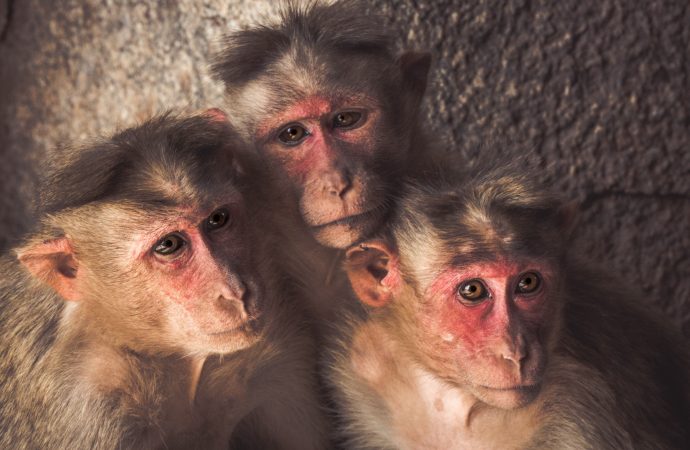Introduction: The United States is facing a critical shortage of research monkeys, posing a significant challenge to scientific advancements across various disciplines. The dwindling availability of these primates has raised concerns among researchers, who rely on them for crucial studies in areas such as neuroscience, infectious diseases, and drug development. This article explores the reasons
Introduction:
The United States is facing a critical shortage of research monkeys, posing a significant challenge to scientific advancements across various disciplines. The dwindling availability of these primates has raised concerns among researchers, who rely on them for crucial studies in areas such as neuroscience, infectious diseases, and drug development. This article explores the reasons behind the shortage, its implications for scientific research, and the ongoing debates surrounding the use of primates in experimental studies.
The Shortage and its Causes:
The shortage of research monkeys in the U.S. can be attributed to a combination of factors. One major factor is the increased demand for these animals in biomedical research. As scientific discoveries expand and new areas of research emerge, the need for research monkeys has grown exponentially. This rising demand has outpaced the supply, leading to a shortage.
Another contributing factor is the strict regulations and ethical considerations surrounding the use of primates in research. Concerns about animal welfare and ethical treatment have led to more stringent guidelines and limitations on primate imports. While these regulations ensure the well-being of research animals, they have inadvertently resulted in a reduced availability of research monkeys.
Implications for Scientific Discovery:
The scarcity of research monkeys has significant implications for scientific discovery. These primates play a crucial role in advancing our understanding of complex diseases, developing effective treatments, and testing the safety and efficacy of new drugs. Their close genetic proximity to humans makes them invaluable in studying human physiology and behavior.
Without an adequate supply of research monkeys, scientists face challenges in conducting experiments that directly impact human health. The shortage hampers the progress of medical research and may delay the development of life-saving therapies and interventions. It also limits the ability to study and find potential cures for diseases that affect millions of people worldwide.
Debates and Ethical Considerations:
The use of primates in research has long been a topic of ethical debate. Animal rights activists argue that using primates in experiments is cruel and unnecessary, advocating for alternative research methods. They emphasize the importance of ethical treatment and argue for increased investment in non-animal alternatives.
On the other hand, proponents argue that responsible primate research is crucial for medical advancements. They emphasize the rigorous ethical standards in place to ensure the welfare of research animals and highlight the valuable insights gained from primate studies.
Striking a balance between scientific progress and animal welfare is a complex task. The shortage of research monkeys has reignited discussions surrounding the necessity of primate research and the exploration of alternative methods.
Exploring Alternatives and Collaborative Solutions:
In response to the shortage, researchers are actively exploring alternative methods and technologies to reduce reliance on research monkeys. These include in vitro models, computer simulations, organ-on-chip technology, and the use of other animal species in certain research contexts. While these alternatives show promise, they cannot completely replicate the complex biology and behavior of primates.
Collaboration among scientists, policymakers, and animal welfare organizations is crucial in finding sustainable solutions. Encouraging advancements in non-animal research models while ensuring the responsible and ethical use of research monkeys will help address the shortage and minimize the impact on scientific discovery.
Conclusion:
The shortage of research monkeys in the United States presents a significant challenge to scientific research and discovery. The growing demand for these primates, combined with stricter regulations and ethical considerations, has led to a scarcity that impedes crucial advancements in various fields of study.
The ongoing debates surrounding the use of primates in research highlight the need for a thoughtful and balanced approach. Exploring alternative research methods and promoting collaboration among stakeholders are vital in overcoming the shortage
while upholding ethical standards.
As researchers and policymakers navigate the primate predicament, the ultimate goal should be to advance scientific knowledge while ensuring the welfare of all research animals.

















Leave a Comment
Your email address will not be published. Required fields are marked with *